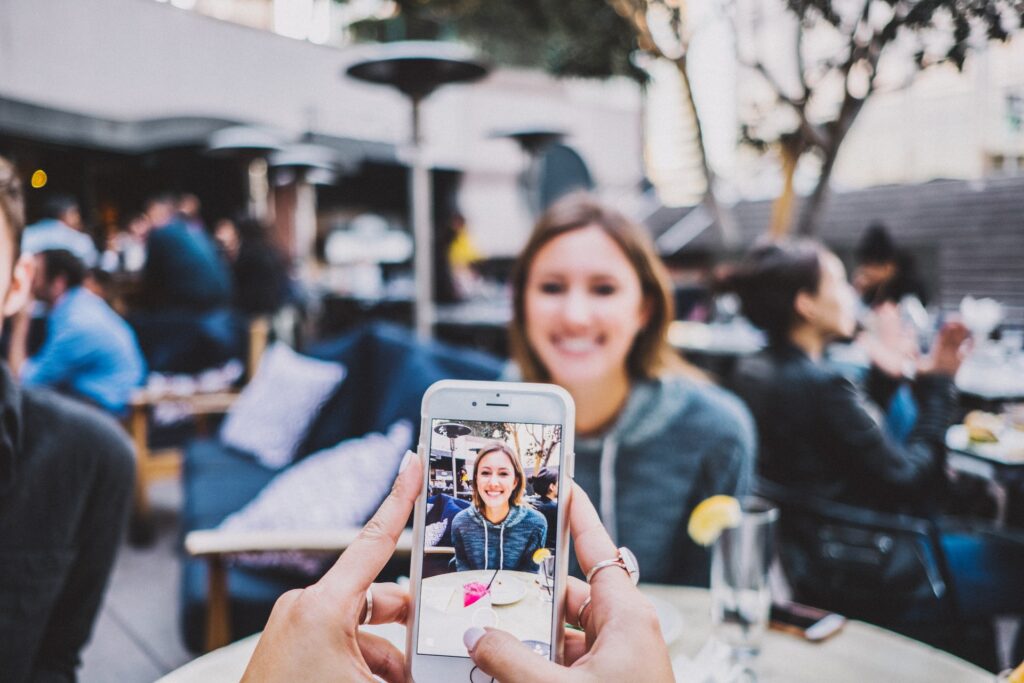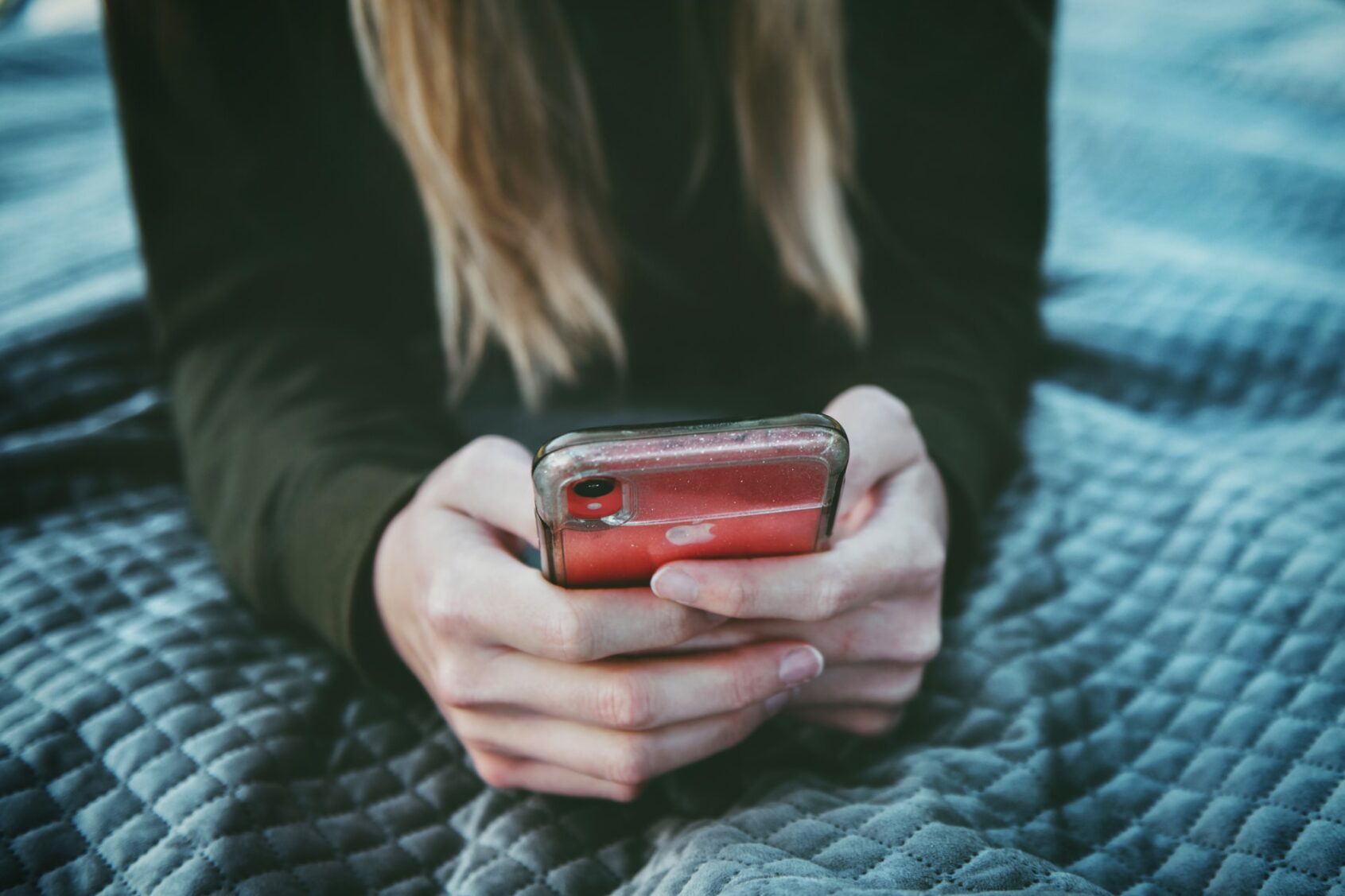The damaging effects of social media on teen girls is nothing new
Was anyone really surprised to learn that Instagram negatively impacts teen girls when a Facebook whistleblower leaked the company’s research last month? I wasn’t. And according to multiple studies, teenage girls weren’t either.
The conversation around Instagram’s influence on the mental health and body image of young girls has struck me as eerily familiar. While reading the findings of Facebook’s internal research, I found myself reflecting on my own perceptions of beauty and self-worth. Not to mention the countless studies done before that have shown how media (specifically social media) harms women.
This is to say that the story at the center of Instagram’s influence is not entirely something new. Rather, Instagram is the latest in the series, following a long list of others that have exploited women’s insecurities and promoted unrealistic standards of beauty for profit. The technology may be different, but the story here is largely the same.
According to Facebook’s research, Instagram makes body issues worse for 1 in 3 teen girls.
Facebook
‘Why don’t I look like that?’
Even before Instagram, there was no shortage of ways that my friends and I criticized and compared ourselves to others. We flipped through magazines and completed quizzes that told us which fall look was our style. We gazed at the thin, glimmering bodies of women in movies and music videos.
It’s funny how quickly these images materialize in my mind. Maybe we never forget those who we admire. I can also still picture the clothes and hair that I envied of my friends. I mean, it’s impossible not to notice your friends’ bodies at this age – and the attention they receive. There was an unspoken pressure, or expectation, to look a certain way. We all had something that someone else wanted, which is why, perhaps, our friendships were often complicated by jealousy.
I can only imagine how social media has intensified these pressures. And, candidly, I’m thankful not to be a teenage girl right now. According to Facebook’s research, Instagram makes body issues worse for one in three teen girls. The company’s research also shows that many teens blame Instagram for increases in anxiety and depression. Yet, the social pressure to be “present” on Instagram keeps many from deleting or reducing time on the app.

We’re all living our ‘best lives’ – or are we?
A significant takeaway from Facebook’s research is that the company is well-aware of Instagram’s negative implications. It knows the platform’s algorithm delivers harmful content that people may not want to see but struggle to resist. It’s aware that Instagram’s focus on a filtered version of “the body and lifestyle” makes social comparison more prevalent.
To me, these findings sound like things most of us already know. Anyone who has spent time scrolling through the social media platform’s feed knows how draining and yet addicting it can be. One photo after another – celebrities, fitness influencers, your best friend from middle school that you haven’t spoken to in a decade, the guy you sat next to in your college philosophy class – they’re all there. It’s hard not to turn your thoughts inward after a while.
I’m finding now that the nature of social comparison continues to evolve as I get older. My Instagram feed is often filled with friends announcing engagements, posting photos of their new house or new car or of their children. Meanwhile, I’m sitting on my bed eating spaghetti. The irony of this comparison usually makes me laugh. People I know are bringing life into the world and I don’t even eat dinner on a hard surface. But every now and then, this comparison unlocks a flood gate of impounding questions: Do I have enough friends? Why haven’t I gone to Paris? Should I be dating more?
Among my friends and I, I find that we most often compare ourselves to those who we believe have it ‘figured out’ – whether we truly want what that person has or not. Despite a growing emphasis on authenticity, there is still an unrealistic pressure to have your shit together. Instagram has only amplified this by creating a place where we can cast filters over our lives, while simultaneously creating a constant reminder of everything we lack.
Who is responsible for change?
It saddens me that new forms of technology and media continue to exploit the insecurities of women, particularly young girls. Why is it that profit so often comes at this cost? It’s easy to dehumanize the algorithm behind social media. Perhaps it’s also easy for some to pretend that the people who created the algorithm lack the power to change it. The question isn’t so much if they can, but if they will.
On the other hand, I wonder if it wasn’t Instagram, would it be something else? I believe Facebook, as well as all tech and media companies, should take responsibility for the impact they have on peoples’ lives. But how much responsibility also rests with each of us? Is it perhaps a bit naïve to think we could live in a world where the power imbalance between those who seek to be envied and those who lust with desire cease to exist? Or maybe that’s not entirely the goal. Maybe it’s just to live in a world where we have a fighting chance. Where we have the autonomy to decide for ourselves who we are, without a million other voices telling us who to be and how to look, when we never asked for their opinions in the first place.




